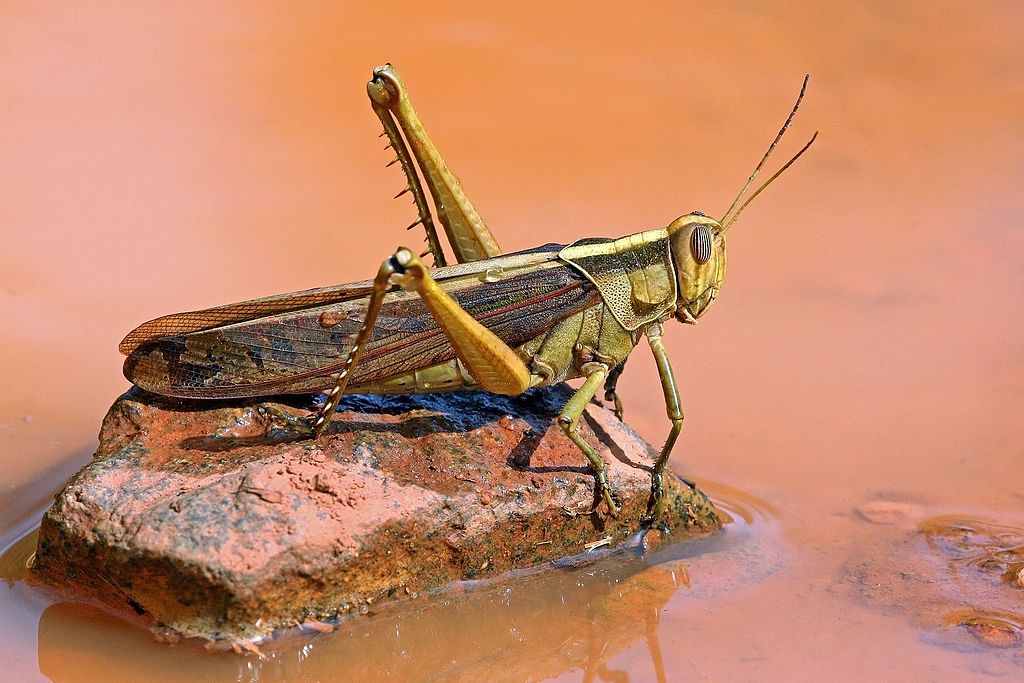
Flying is one of the safest modes of transport today, and it is not by chance that it is so. It is a result of years of research and learning, majorly through simulations and very good engineering, but also through learning from mistakes that are made.
During the infant age of flying, many lives were lost as engineers and pilots experimented with various models of aircraft. But even when people think they have figured out all that can go wrong, something still goes wrong once in a while, and commercial airliner crashes. The results are usually fatal.
Why do aircraft accident investigations take a very long time? The answer lies in how the investigations are done, and the objectives behind the investigations. Whenever a plane crashes, various stakeholders gather together to try and establish the cause of the crash and how it could have been prevented. The main objective is not to point fingers and blame somebody, but to establish facts that can help prevent similar accidents in the future.
Some of the changes that have resulted as a result of airplane crash investigations include Cockpit Resource Management, smoke detectors and automatic fire extinguishers in lavatories and cargo holds, wind-shear detectors, transponders, and flame-retardant materials.
What are the impacts of these investigations?
The most direct impact is that flying continues to get safer year after year. Various factors that could lead to accidents are eliminated including petty things like how a pilot and a copilot relate while on duty.
What if we approached life problems from a perspective of helping humanity get better instead of crucifying those in the wrong? We would end up better people because we can help humanity improve and thrive.
What if we looked at the cause of a road accident beyond the fact that the driver was overspeeding, to the requirement by the owners of the vehicles that the driver must do a specific number of trips per day? What if we go beyond and realize that the reason the owners demand a minimum number of trips is because of the many bribes and fees that they have to pay?
The list can go on and on and on.




